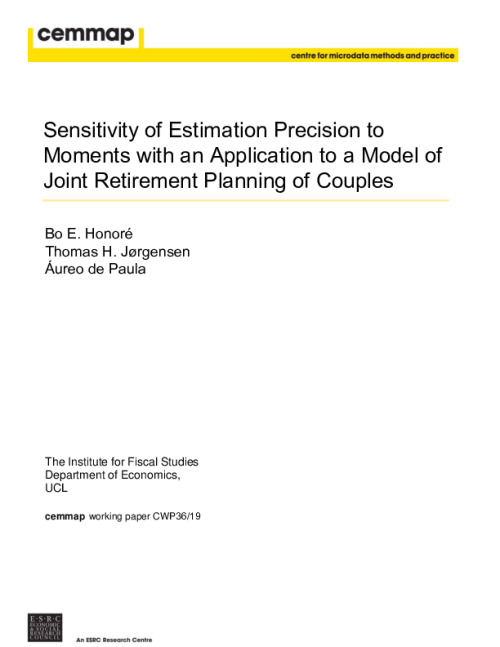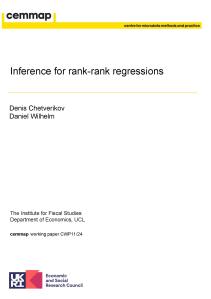This paper introduces measures for how each moment contributes to the precision of the parameter estimates in GMM settings. For example, one of the measures asks what would happen to the variance of the parameter estimates if a particular moment was dropped from the estimation. The measures are all easy to compute. We illustrate the usefulness of the measures through two simple examples as well as an application to a model of joint retirement planning of couples. We estimate the model using the UK-BHPS, and we find evidence of complementarities in leisure. Our sensitivity measures illustrate that the precision of the estimate of the complementarity is primarily driven by the distribution of the differences in planned retirement dates. The estimated econometric model can be interpreted as a bivariate ordered choice model that allows for simultaneity. This makes the model potentially useful in other applications.











